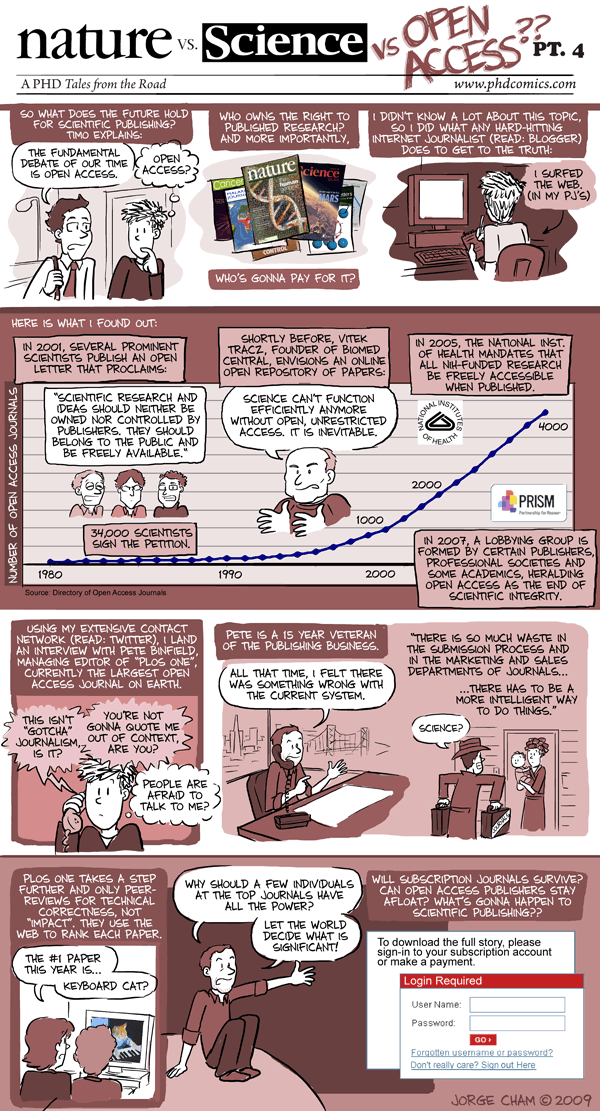
It also raises an interesting question of where the funding for research comes from and where it will come from. This has been one of the motivating factors behind my blog posting of my experimental setup. So far my CFD work has been traditional "closed" science, while my experimental work has been "open" science. I am considering ways of making the CFD work more open, but my personal question becomes, "If I make posts about how to really do the work I am doing and someone learns it well enough to do it, what is left for me to do?"
Peace,
Landon
"If I make posts about how to really do the work I am doing and someone learns it well enough to do it, what is left for me to do?"
ReplyDeleteDoes this assume a no-growth model on your part? What could you learn from others based on an open exchange of ideas?
In my opinion, it assumes the system of publishing leading to graduation vs the ideal of pure learning and working outside of the system.
ReplyDelete"If I make posts about how to really do the work I am doing and someone learns it well enough to do it, what is left for me to do?"
ReplyDeleteTwo thoughts come to mind here:
1) I don't think folks learn to do engineering well from reading blog posts...no matter how intriguing a writer you are.
2) Knowledge is generative...and increasingly today, collective. Ideas build on other ideas...connecting what we currently know to what we envision will always be the key to creating new understandings. I think we learn how to do that from doing it with others...which is what sharing your ideas is all about.
Can I just make a meta comment that PhD Comics is able to succinctly cover almost every controversy in academia. I am in awe at how the cartoonist is able to take normally dry subjects and make them interesting while making a thoughtful commentary in a few panels.
ReplyDeleteThis is the genius of cartooning. I wonder if teaching should take more cartooning inspiration for presentations. No need to be shocking, but just try to add a bit more narrative appeal to our dry treatises. Catherine